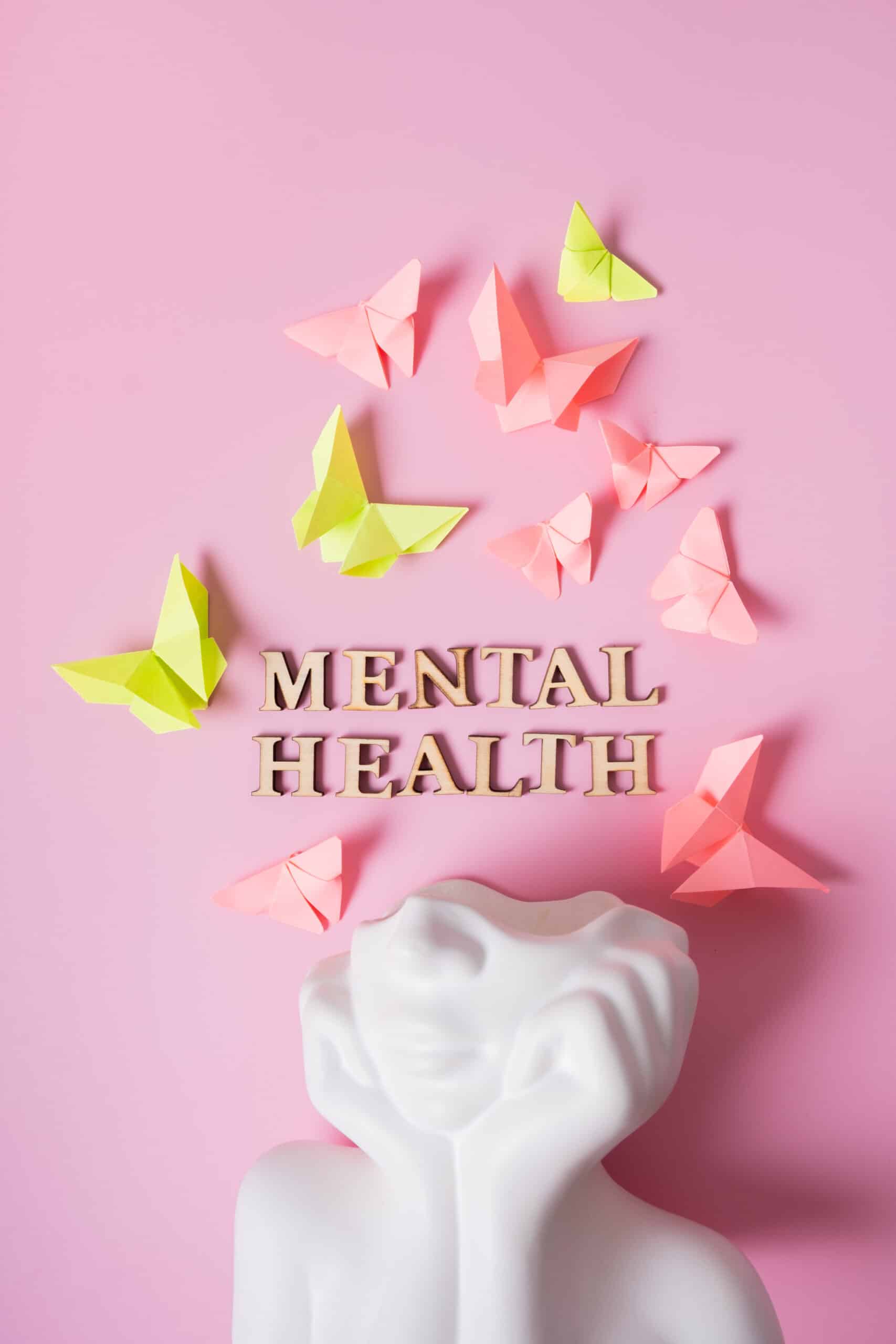Substance Abuse Disorder (SUD) affects millions of Americans annually, often leading to significant and potentially fatal health problems. From alcohol and illicit drugs to prescription drugs and over-the-counter medications, anyone who uses substances frequently or chronically can suffer from a SUD.
Most individuals who abuse substances experience long-term consequences such as cognitive impairment, severe memory lapses, and decreased ability to focus. Fortunately, there are numerous options for recovering from addiction and preventing relapse.
Want to learn more about the harmful effects of drugs and the available treatment options? Keep reading!
Table of Contents
ToggleHow Does the Human Brain Work?
The brain is a sophisticated organ. It governs all bodily functions, regulates cognitive processes, and consists of billions of neurons and other cells. We can speak with one another, form friendships, and learn new skills thanks to our brains.
The brain comprises many different regions, each with a specific function. For example, the hippocampus is responsible for memory formation and storage, the amygdala for emotional responses, and the frontal lobe for higher-level thinking skills such as planning and problem-solving.
It’s the neuron’s job to send messages back and forth between each region of the brain, allowing all areas to work together as a team.
A neuron can communicate by releasing a neurotransmitter into the gap (synapse) between itself and the following cell. The neurotransmitter binds to receptors on the receiving cell after crossing the synapse.
The receiving cell experiences modifications as a result. Other molecules called transporters recycle neurotransmitters, bringing them back into the cell that releases them to restrict or stop the transmission between neurons.
How Drugs Work in the Human Brain
Drugs work in the brain by changing the activity of specific nerve cells. They can do so because the drug’s chemical makeup looks similar to a natural neurotransmitter, allowing the drug to bind to the receptors of the receiving neuron.
Although these medications mimic the brain’s natural chemicals, they don’t work on neurons in the same way that neurotransmitters do. In turn, the network sends out incorrect messages, interfering with our brain chemistry.
For example, a stimulant such as cocaine can interfere with the transporters, preventing the natural recycling of brain chemicals.
Stimulant drugs can also release abnormally large amounts of neurotransmitters, throwing the brain’s natural chemicals off balance.
This could result in withdrawal symptoms such as depression, irritability, and anxiety.
Which Drugs Can Cause Brain Damage?
Drugs such as alcohol, heroin, cocaine, morphine, codeine, amphetamines, and barbiturates can all be toxic to our brains.
These substances can cause permanent damage to the brain, leading to a range of problems, including memory loss and cognitive impairment.
According to research, using illicit drugs frequently harms the parts of the brain responsible for:
- Decision making
- Judgment
- Memory
- Learning
- Behavioral control
There are various ways that drugs might harm brain tissue.
Alcohol and stimulants (like cocaine and amphetamines) disrupt the blood-brain barrier, which results in increased permeability and can change how your brain cells work.
The degree to which toxins enter your brain via your blood supply depends on your brain’s permeability.
Toxins can pass across the blood-brain barrier more easily when there is increased permeability.
Over-the-Counter Drugs and Brain Changes
Some non-prescription drugs, such as Benadryl or cough syrup, can be abused due to their sedative effect.
According to research, misusing over-the-counter medicines may result in cognitive impairments, including:
- Memory problems
- Difficulty concentrating
- Poor judgment
- Impaired decision making
It’s important to note that some over-the-counter drugs, like cough medicine, can increase the risk of overdose when used in conjunction with drugs such as alcohol.
If you’re experiencing symptoms associated with an overdose (difficulty breathing, blurred vision, and vomiting), seek medical attention immediately.
Can the Effects of Drug Brain Damage Be Reversed?
Fortunately, drug-induced brain damage can be reversed if a person seeks treatment early on in their addiction. Since brain damage caused by drug use doesn’t result in cell death, the brain can heal and improve once the person stops using drugs or alcohol.
One effective therapeutic method for improving brain function after substance use is Cognitive Behavioral Therapy (CBT). CBT helps people learn new skills (forming new neural pathways) and ways of thinking so they don’t use drugs or alcohol again.
When seeking treatment for substance use disorder, it’s essential to take note of any dual diagnoses. It is also important to assess other risk factors you may have before finding a treatment option to ensure the best outcome for recovery.
To assist you in the process, Agape Treatment Center provides a free assessment.
Click here to learn more about the treatment options available for addiction and mental health.
Breaking Free From Addiction
Agape Treatment Center can help if you or a loved one is battling an addiction. Agape offers a free assessment and comprehensive and individualized treatment plans to ensure the best experience for long-term recovery.
Click here to get started today.


